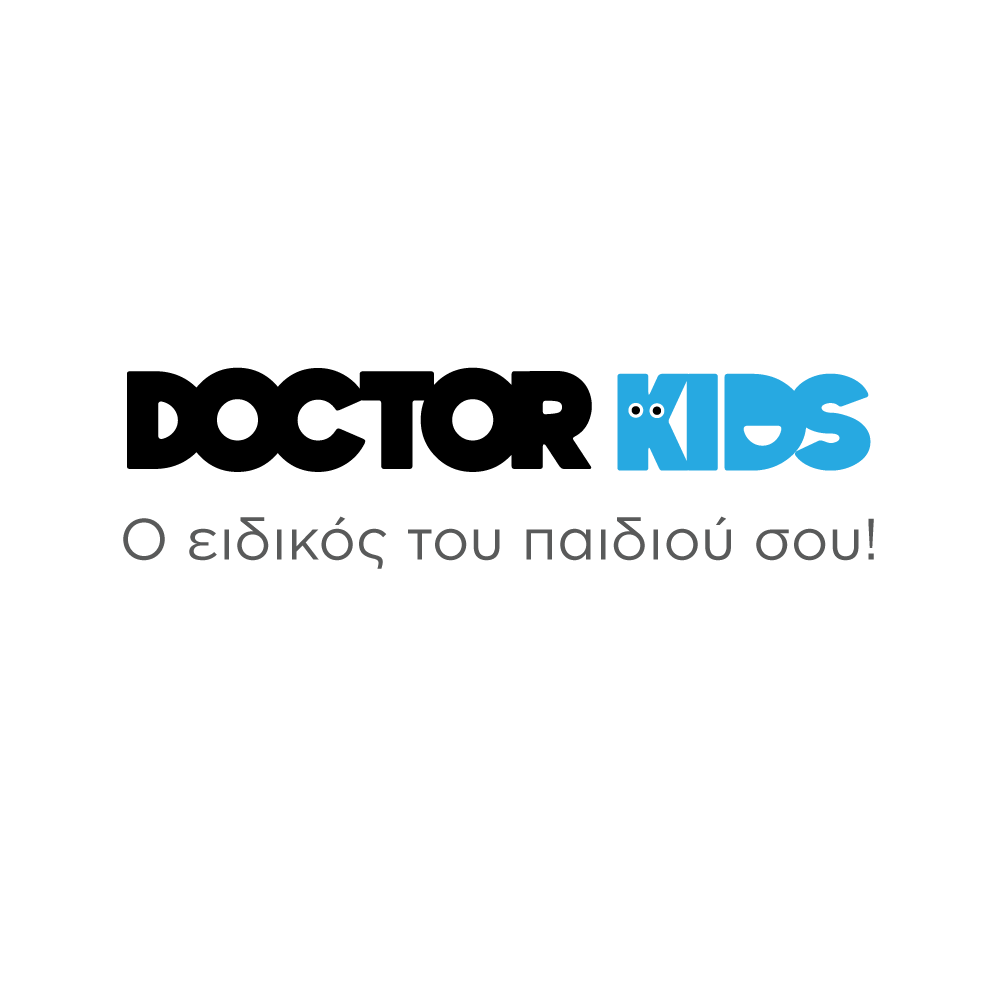The Benefits Of Music Therapy For Autistic Children
The Benefits Of Music Therapy For Autistic Children
Music therapy is a widespread form of therapy in which music is used in a therapeutic relationship to address the physical, emotional, cognitive, and social needs of individuals. Through music in the therapeutic context, children's abilities are enhanced and transferred to other areas of their lives. Music therapy also provides ways of communication that can help those who have difficulty expressing themselves in words. Research in music therapy supports its effectiveness in many areas such as: overall physical recovery and ease of movement, increasing people's motivation to engage in therapy, providing emotional support to patients and their families, and providing a way to express themselves. emotions.
Autism can usually be noticed within the first three years of our lives and is recognized as a highly complex disability that affects development of our social, verbal and cognitive abilities. This disorder can affect the way that we communicate with other people, and although there are similarities between different cases of autism, it’s difficult to narrow down a specific sign of cause or symptom. Approximately one in sixty-eight of Americans will have a form of autism, and it is not something that we can outgrow, although being diagnosed early means that there is a better chance for treatment.
How Music Can Make a Difference
One of the reasons that music has quickly become a tool used in autism therapy is that it can stimulate both hemispheres of our brain, rather than just one. This means that a therapist can use a song or instrument to support cognitive activity so that we can build self-awareness and improve relationships with others. Music encourages communicative behavior and can encourage interaction with others, which is something that autistic children have great difficulty with. If we look closely at the way that a band works, it is obvious that the instruments must all interact with one another, but the player only needs to interact with the instrument at first. For children dealing with autism, interacting with others can be difficult, but through introducing an instrument to their therapy, they may bond first with the object and then open up to others interacting with their instruments as well.
Detect Developmental Difficulties in Your Child Through Parent Tools:doctorkids.gr
Listening and Singing Support
Early Intervention Studies
Studies of early intervention have shown that if we learn together with our autistic children through gentle play, fun musical activities, and non-invasive games then we can create a supportive environment where parents and children can bond in a healthy way. The reason that we use music therapy is to help our autistic children learn to relate to us and to others; other family members may be invited to participate after children become accustomed to one on one sessions. Aside from the sensory of dance, verbal advancement of lyrics and the social dynamic of learning an instrument, rhythm can help to motivate impulsive play time that involves our entire brains and body as one.
What To Expect in Music Therapy
Key Words: Music Therapy, Communication Development, Autism, Speech Therapists, Child Specialists
Source: https://nursejournal.org/community/the-benefits-of-music-therapy-for-autistic-children/
Diligence: Papazoglou Charalampos, Speech Therapist
Does your child develop difficulties?
Parents now can ❗️:
✅Detect children's communication difficulties.
✅Find Specialists exclusive for children.
Use the tools of https://doctorkids.gr/el for free and be the therapist of your child.


